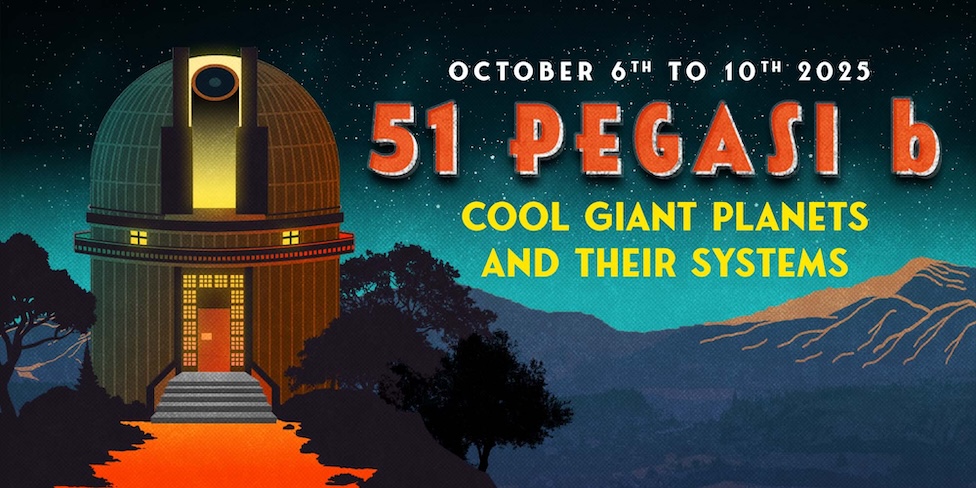State-of-the-art radiation thermo-chemical models have traditionally focused on static, axisymmetric protoplanetary disks. However, recent high-resolution, multi-wavelength observations challenge this simplification, revealing that many disks are warped or broken. This is often inferred from the presence of shadows in the disk, likely cast by a misaligned inner region. These shadows introduce time-dependent effects on the disk's thermal structure and gas-phase chemistry, as orbiting material periodically passes through regions of varying irradiation. Such variability can significantly influence key processes, including our interpretation of planetary compositions. In my talk, I will present new time-dependent radiation thermo-chemical models that account for these dynamical features. I will share results showing how gas and dust respond to sudden changes in stellar irradiation, and how these shadows drive azimuthal chemical variations—highlighting their role as a common and influential feature in disk evolution.

|
|
|
|
Time dependent radiation thermo-chemical models of non-axisymmetric protoplanetary disks
1 : Institute for Theoretical Astrophysics, University of Heidleberg
2 : Max Planck Institute for Astronomy
|
 PDF version
PDF version
